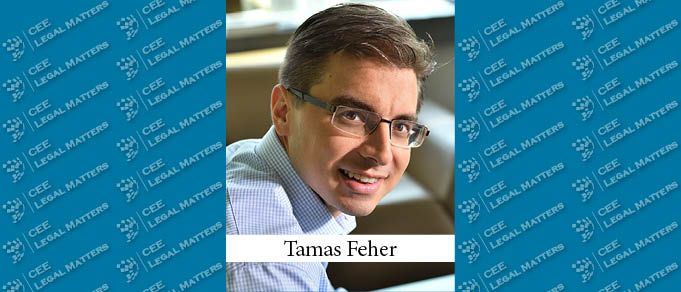The European Court of Justice has just put an end to an uncertainty that has weighed heavily on the pockets of property developers for years. Not only did it confirm that the VAT on what are known as “public purpose” investments can be deducted, but also that the obligatory transfer of ownership of such investments does not give rise to a VAT liability even if the investment is essential for the developer’s own economic activity.
The problem of how to treat the VAT liability on what are known as “public purpose” investments has remained unresolved for years. The background to this is that there are a large number of developments where the developer is forced, sometimes for its own well-considered reasons but usually due to state or municipal requirements, to implement “public purpose” investments alongside the main development.
An example of this is where the investor can only get planning permission to develop a new residential site if he also agrees to construct a nearby road intersection, playground or drainage ditch, or when he has to build a new motorway junction because of the industrial complex he’s working on. What these developments have in common is that they are clearly necessary for meeting increased household or industrial demands resulting from the primary investment, but are still of a public purpose in that they generally pass into state or municipal ownership once completed, and can later be used by “anyone”.
In Hungary, a ruling passed as far back as 2008 made it clear that VAT on the costs of such investments can be deductible even if the investment must subsequently be transferred to the municipality or the state free of charge.
In relation to the transfer of the investment, however, some very adverse rulings were passed. It appeared from these that even if the input VAT were be deductible, the free transfer was still subject to VAT. This was due to the rule that a product or service supplied free of charge is subject to VAT even if the related VAT was deductible.
The ECJ steps in
This unfortunate practice can be expected to change radically in the wake of a ruling of the ECJ a few days ago stating that under certain conditions there is no need to pay VAT on such public purpose investments, while the input VAT is still deductible.
In the specific case, the extension of a road belonging to a municipality was essential for the operation of a limestone quarry in two respects. Firstly, because if the extension were not implemented, the construction permit for the limestone quarry would lose its validity. And secondly, because the machines needed for the quarry could not have used the existing road given its previous width.
The operator of the quarry thus extended the road at its own cost, but transferred the road to the municipality free of charge and also allowed anyone else to use it for free.
The ECJ was the first to rule that, in practical and legal terms, the taxable quarrying activity could not have taken place if the road had not been widened. For this reason, it considered that there was a necessary (to use its language) “direct and immediate link” between the widening of the road and the taxable activity of the company, so that the VAT incurred in relation to this could be deducted.
However, what was really new about the case was that, quite independently of the above, the ECJ also did not consider that the subsequent free transfer of the road would give rise to a VAT liability.
It concluded that the road and the works carried out on it are so closely linked with the company’s taxable activity that it could not be regarded in that sense as having been removed by the business from its own scope of activity. And this was despite the fact that, in legal terms, the road had become the property of the municipality, and the fact that the road could be used by anyone (for free).
This changes everything
It’s clear that this ECJ decision will have a very significant impact on Hungarian legal practice, and will significantly ease the burdens on a large number of property developers.
The ruling is also interesting in terms of the principles of VAT. The German tax authority argued that if on the one side, VAT deduction is allowed, but on the other, the transfer itself is not deemed a taxable transaction, the final “consumption” of the road remains untaxed. However, according to the ECJ, the extension of the road was essential and, ultimately, has a “direct and immediate link” to the taxable sale of limestone. For this reason, there is no untaxed final consumption, as this tax is ultimately paid on the price of the limestone.
By Tamas Feher, Partner, Jalsovszky



